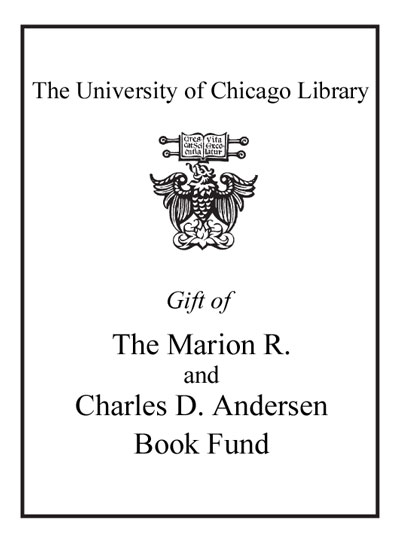Review by Choice Review
Intended as a study of "high academic achievement found ... among low-income Mexican Americans from homes with little formal education," this monograph "aims to suggest how such outcomes might be the product of design rather than accident." G'andara (Univ. of California, Davis) studied 50 students (30 men and 20 women) who met the most stringent criteria "for academic success, a Ph.D., M.D., or J.D. degree conferred from a highly regarded American university of national stature." G'andara devotes separate chapters to home influences, family stories as cultural capital, schools and neighborhoods, peers, and personal attributes and individual differences, with special attention to women. In an informative introduction, the author provides brief but insightful analyses of the education context for Hispanics, research on Chicano school failure ("Chicano" and "Mexican American" are used interchangeably), and government intervention in higher education. The methodology, however abstruse, is basically sound, and G'andara supports it with statistical tables. She has not been influenced by the new qualitative methodology, which has "the added benefit of being able to at least partially explain the variations among immigrant and minority groups and their relationship to educational systems." For graduate education and social science collections. F. Cordasco; emeritus, Montclair State University
Copyright American Library Association, used with permission.
Review by Choice Review

